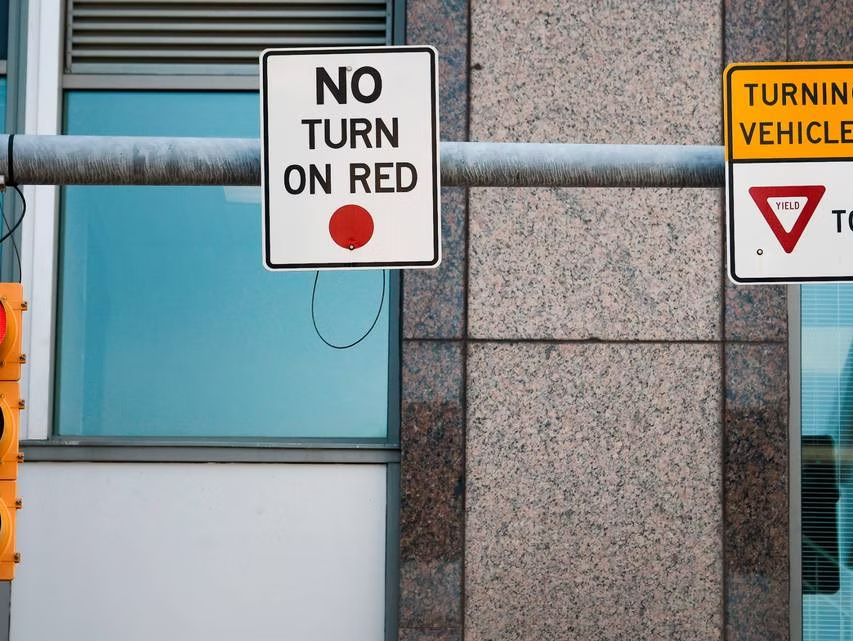Blog
New Roads Ahead: How the Latest Traffic Laws Could Affect Your Personal Injury Claim

Hey there, and welcome to our firm’s blog! Traffic laws change over time, and 2025 is no exception. From new regulations on cellphone usage behind the wheel to speed limit adjustments in certain jurisdictions, these legal changes don’t just affect how you drive—they could also influence the outcome of personal injury claims.
Talking about “traffic codes” might sound a bit dry—but stick with me because these changes can make a huge difference in handling accidents, liability, and insurance claims.
Whether you’re a driver, cyclist, or pedestrian, staying updated on these laws can help you protect your rights and understand how a future or ongoing personal injury case might be impacted.
We’ve all seen new signs around town, seat belt regulations being enforced more strictly, or local roads undergoing maintenance to comply with statewide safety regulations. But why should you care?
Suppose you haven’t already checked out the Georgia Traffic Code. They’ve outlined some changes regarding speed limits, distracted driving, and equipment standards (e.g., the kinds of lights and signals your car must have).
What’s new?
How this affects your personal injury claim:
Looking ahead, the upcoming legislative changes take effect at the start of next year. These amendments could expand the definition of personal injury and potentially alter the process of filing a claim.
What’s new?
How this affects your personal injury claim:

Hey there, and welcome to our firm’s blog! Traffic laws change over time, and 2025 is no exception. From new regulations on cellphone usage behind the wheel to speed limit adjustments in certain jurisdictions, these legal changes don’t just affect how you drive—they could also influence the outcome of personal injury claims.

Car accidents can be shocking and disorienting, leaving you uncertain about what to do next. Staying calm and taking control of the situation right away is essential. In this post, we will discuss ten crucial steps that can help you protect yourself legally, physically, and emotionally after a car accident.

If you have a car accident in Georgia, the at fault party can only recover money from their own insurance. When you are labeled as vehicle No 1 on the police report and/or received a traffic ticket, you are allegedly at fault for the accident.